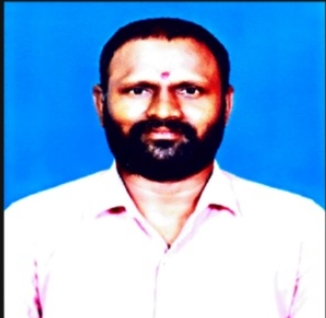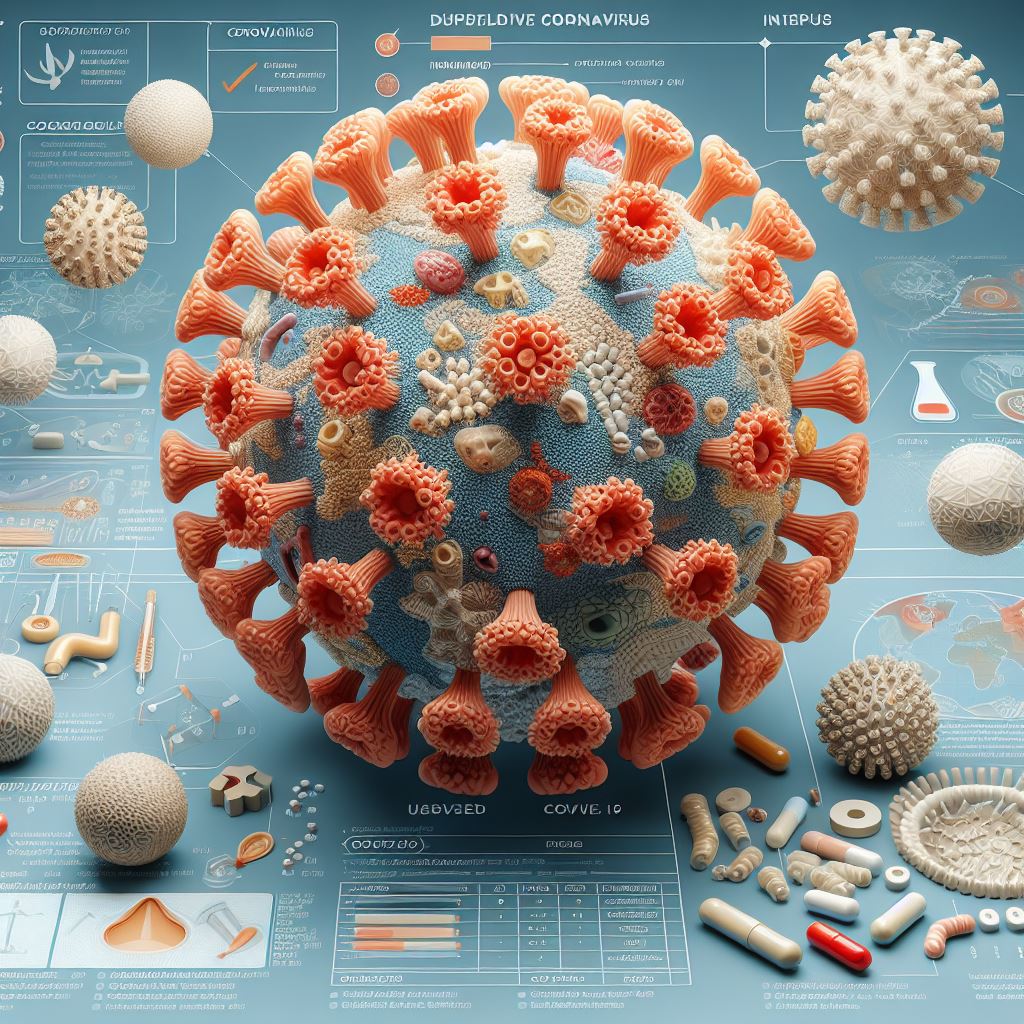A global surge in Covid-19 cases, particularly involving the JN.1 subvariant of the virus, has been observed.
In India, the first case of JN.1, a lineage stemming from Omicron, was identified in a 79-year-old woman from Kerala.
India on alert as 21 new cases of JN.1 Covid subvariant reported:
Subsequently, several states have reported an escalation in the prevalence of this variant.
Due to its rapid spread, the WHO has recently classified JN.1 as a “variant of interest.”
Recently, the Centers For Diseases Control and Prevention (CDC), designated JN.1 as the fastest-growing variant in the US, , despite its heightened transmissibility, has not exhibited signs of causing severe illness.
Dr. Devashish Desai, Consultant in Infectious Diseases, stated, “While the JN.1 variant seems more transmissible, there’s no current evidence suggesting it causes more severe illness,”
The World Health Organization (WHO) reports a substantial growth advantage for JN.1, escalating from 3.3% of all coronavirus cases between October 30 and November 5 to 27% a month later.
Experts attribute this increased transmissibility to the variant’s capability to evade immunity, thereby prolonging the infection period.
According to the CDC, this suggests that JN.1 might be more infectious and adept at circumventing the body’s immune defenses compared to its ancestral strain.
As per the Lancet, a weekly peer-reviewed general medical journal published on December 15, has revealed that a single mutation, specifically the L455S in the receptor binding domain, grants JN.1 the ability to evade the immune response more rapidly than its predecessor BA.2.86.
The Lancet study conducted in France revealed that, “With just one additional receptor binding domain mutation (L455S) compared to its predecessor BA.2.86, the JN.1 variant rapidly became predominant, surpassing both BA.2.86 and the so-called Flip (L455F+F456L) strains.
First identified in the United States in September 2023, JN.1 has garnered attention due to its swift dissemination.
Dr. Kiran G Kulirankal, Assistant Professor in the Division of Infectious Diseases, suggests that the history of vaccination might be a contributing factor in why JN.1 has not progressed to cause severe disease.
Emphasizing the importance of prevention, Dr. Kulirankal recommends vaccinating high-risk groups, including the elderly, individuals with malignancies, those on immunosuppressive medications, individuals with uncontrolled diabetes, and patients with chronic liver and kidney disease, he added.
He emphasized the continued importance of vaccination and boosters despite JN.1’s enhanced immune-evading capabilities.
“As the situation evolves, staying up to date with vaccinations is a key strategy to mitigate the potential impact of emerging variants like JN.1 on public health,” stated Dr.
“JN.1 makes up about an estimated 15% to 29% of cases in the United States. Although there is increased infectivity and transmissibility, the symptoms of JN.1 are relatively mild,” added Dr.
In the last 2 weeks, India has reported 23 deaths linked to the coronavirus. On December 21, 2023, the Union Health Ministry recorded 358 new infections within the past 24 hours.
Addressing the sudden surge in Covid-19 cases and deaths across various regions of the country, a review meeting was convened by Union Health Minister Mansukh Mandaviya on December 20.
During the meeting, he proposed conducting mock drills every three months at both the Central and State levels to share best practices.








